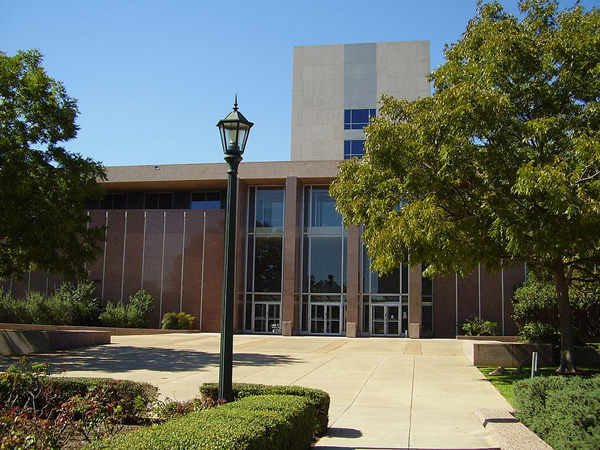- La Feria Community Holds Succesful Business Mixer Event
- Little Nashville to Take Place in Downtown Mercedes
- Lions Basketball Captures District Gold
- La Feria ISD Students Compete in Regional Chess Tournament
- Lions End First Half of 32-4A on a High Note
- La Feria ISD Held Another Successful Parent Conference
- Strong Appearance for Lions at Hidalgo Power Meet
- LFECHS Students Get to Meet Local Actress
- Students Participate in Marine Biology Camp
- Two LFECHS Students Qualify for All-State Band
New State Commission Seeks Justice for All
- Updated: December 4, 2015
by Eric Galatas
AUSTIN, Texas – Liberty and justice for all – that familiar ideal from the Pledge of Allegiance – isn’t a reality for many Texans who have to face divorce, child custody, domestic violence and other legal challenges without an attorney.
However, that could change if a new commission launched by the Texas Supreme Court finds a way to close what Chief Justice Nathan Hecht calls a justice gap.
He says now more than ever, small businesses, veterans and average Texans need lawyers and lawyers need work, but high costs often stand in the way.
“A justice system that is only available for those who can afford it, is neither justice for all nor justice at all,” says Hecht. “This is an effort to try to make basic civil legal services more affordable for people who need them.”
The Chief Justice says the commission will study what’s working in other states and come up with a plan to broaden access to services for low and middle income Texans. The 18-member commission of judges, attorneys, law-school deans and professors will present its initial report to the state’s high court by Nov. 1 of next year.

The Texas Supreme Court building. The court has established a new commission to help more low-and-middle income Texans access civil legal services. Photo: WhisperToMe/Wikimedia Commons
Former Chief Justice Wallace B. Jefferson will lead the commission. He points to national surveys showing almost 80 percent of low- and moderate-income Americans can’t afford an attorney. He adds lawyers who help nearly 100,000 of the state’s poorest families free of charge each year are forced to deny services to some 75 percent of qualified applicants due to lack of resources.
“The problem is that, for those who cannot meet the requirements for the free legal services, they’re left in the dark,” says Jefferson. “There’s no way they can afford to hire a lawyer.”
Jefferson notes one of the biggest challenges facing the commission is the six-figure debt carried by many attorneys after law school, which drives up their hourly rates. He adds the group will consider all options, including loan forgiveness programs, to close the “justice gap.”


